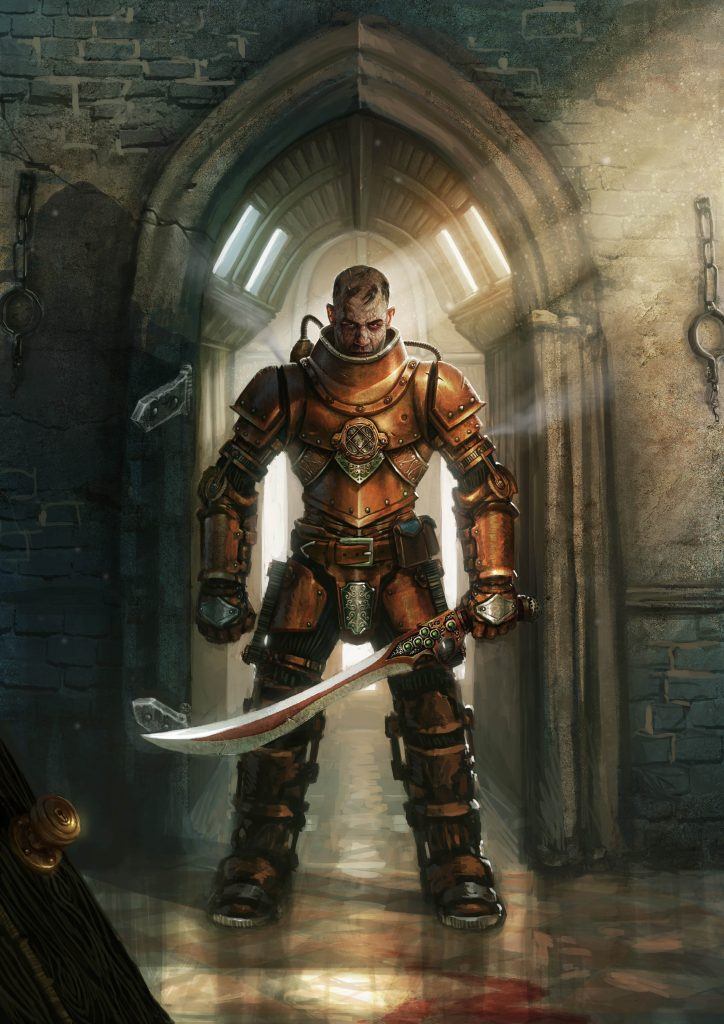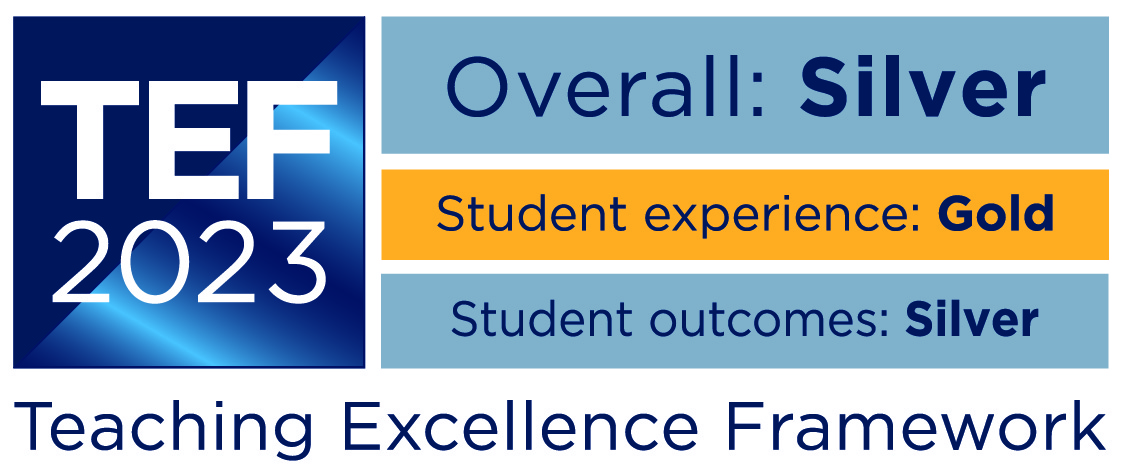Do you love games and have a curiosity for the creative and technical decisions that bring them to life? At Futureworks, our games design degree will prepare you for this exciting and fast-moving industry. Our graduates are now working with games developers such as Supermassive Games, Sumo Digital, Rockstar, Rebellion Games, Ubisoft, d3t, Codemasters, Lucid Games, Team17, Cloud Imperium Games to name a few.
- Game Mechanics
- Scripting
- Game History and Theory
- 3D Modelling
- Creative Workflows
- Career Management
- Industry Tutors
- Small Class Sizes
- Broad Career Opportunities
- Industry Standard Facilities
- Creative Community
- Year 1
You will explore modelling, game design principles, game history and context, blueprinting and using a range of software. The year is designed to give you an understanding of a wide range of skills and roles in the games industry, and equip you with the knowledge needed to progress in the industry. - Year 2
Will advance your level of learning on software, modelling, game design, professional practice, and industry standard documentation. While working on a range of assignment briefs, you will be able to experiment with skills and specialisms in projects to be completed individually and as part of a team. - Year 3
Your skills will continue to develop in your third year as you work on two major projects. Your Game proposal will showcase your ability as a game designer, and your honours project will become the centrepiece of your portfolio and should reflect the area of game design you aim to enter in the industry.
Why Choose The Games Design Degree at Futureworks?
All our teaching staff are very active in the games industry. They have experience developing award-winning games with AAA games development companies. What this means for you is that we have great connections in the real world – connections that you can use to start building your professional network, before you’ve graduated.
It also means that you can be confident that the skills and techniques you learn are relevant to today’s industry.
With outstanding guest lectures and workshops, and the opportunity to work on live project briefs, this degree will ensure that you gain the experience to give your games career a flying start.
One aspect of this course that is particularly loved by past students are the small class sizes. This allows our tutors to provide lots of personalised one-to-one mentoring, allowing you to develop the skills that will be important in your preferred specialisms.
Being part of the Futureworks family means you also get to work with film and audio students, and collaborate on a range of interesting and innovative projects.
This course is validated by the University of Central Lancashire (UCLan)
Your Games Design Career Opportunities
This Games Design degree provides a fantastic springboard into the games industry for future Games Designers, Level Designers, Prop and Asset Modellers, or even into Production Management roles. We’re proud to say that past students are currently working throughout the industry, from major game companies to small independents – or even start your own company like one group of Futureworks students did (Torque Studios) to enter a national competition. They won the competition, picking up a £25,000 prize which helped fund their first game which was nominated in the BAFTA games awards.
Location & Teaching
Your primary location of study will be at our Riverside Campus, which is located on New Bailey Street in Manchester. As part of your course, some of your lessons may take place at our Futureworks Studios facility located in MediaCityUK, a few miles from the city centre.
Futureworks recognises that the skills, competencies and contribution of its staff are vital to the delivery of high quality Higher Education. All programmes are managed by a dedicated Programme Leader and team of experienced tutors, and our excellent links with industry employers mean you’ll have access to exciting guest lectures and fantastic opportunities to gain experience on real-world projects.
Applying to this Course
To be considered for this course, you will require 104-120 UCAS points.
Futureworks is able to accept any applications from applicants who require a Student Visa (formerly called Tier 4 Visa) to study in the UK. Entry criteria for International students will vary. Please see International Students for full details.
You can apply for this course by submitting an application via the UCAS system. The UCAS codes for this course are as follows:-
UCAS Code: WG24
Institution Code: F98
If you have any questions about applying for a degree course please call us on 0161 214 4602, email [email protected] or look at our Admissions page.
If your application is successful, you will be invited to an interview where you will have the opportunity to talk about your work, influences and interests. A guide will be sent with your interview details to help you prepare for your interview. Ideal applicants will have a keen interest in art, design, and video games. You are welcome to bring any relevant examples of work with you, if you have them. The portfolio is required for this course and applications will not be considered without the provision of a portfolio.
You will need to provide a digital portfolio. This could be a link to a website or a PDF document with images of your work. Personal projects are also of interest. You might send through some art/modelling, gameplay gifs, or links to gameplay videos. Any supporting documents such as assignments, research, or modelling inspirations will also be helpful. It’s not essential that you’ve studied games/software already, but if you have had the opportunity, then we’d love to see your work. If you haven’t had an opportunity to study game design, then an example of your current school/college work will be ok.
All of our courses start in September and are full time, 3 year courses. More information on relevant dates can be found on the Term Dates page.
“My experience at Futureworks was fantastic. The school and staff helped me to develop my creativity and went above and beyond to improve my skills as a game designer, while teaching me essential knowledge I would need for a role in the industry.”
BA (Hons) Games Design Student

“Over my 3 years at Futureworks, I met some amazing friends and made some awesome connections. The course was great for expanding my creativity and idea-generating skills, which I then learnt how to integrate into 3D environment art and games design.”
BA (Hons) Games Design Student


Validated By



